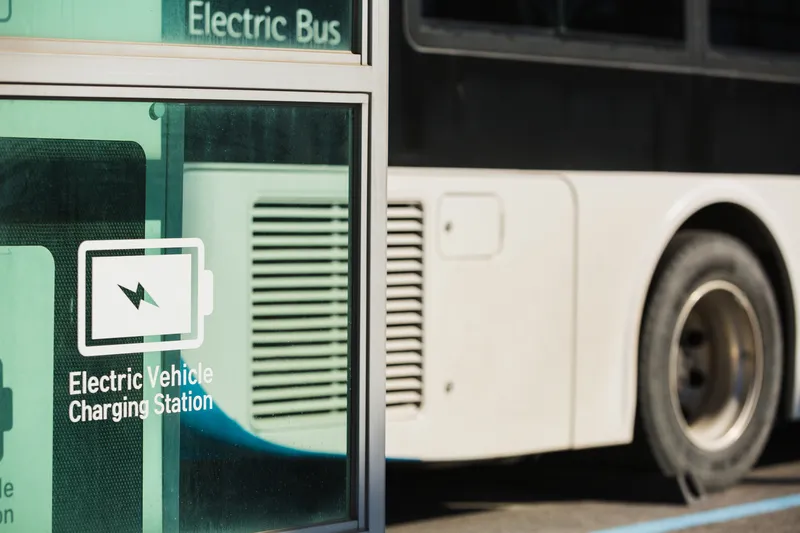Norwegian public transport operator Tide Buss has placed an order for 25 Volvo 7900 electric buses for operation in the city of Trondheim.
The fully electric buses will run on four routes in the city, covering distances of between 12 and 15 km each, with operation due to start in August 2019.
The buses will be fast-charged using opportunity charging, via rails installed at the end stops. The charging stations will be based on an open interface known as OppCharge, which means they can be used by othe
September 19, 2017
Read time: 1 min
Norwegian public transport operator Tide Buss has placed an order for 25 609 Volvo 7900 electric buses for operation in the city of Trondheim.
The fully electric buses will run on four routes in the city, covering distances of between 12 and 15 km each, with operation due to start in August 2019.
The buses will be fast-charged using opportunity charging, via rails installed at the end stops. The charging stations will be based on an open interface known as OppCharge, which means they can be used by other electrified bus makes too.
They will run on renewable energy so they will be entirely emission-free. Volvo says energy consumption for its electric buses is about 80 per cent lower than for corresponding diesel buses.










